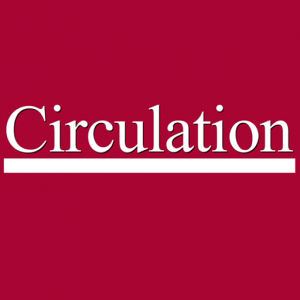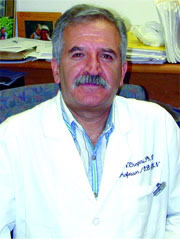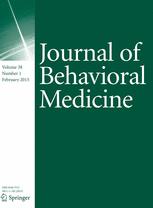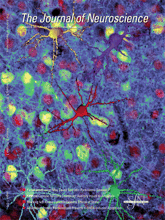 Researchers at Sun Yat-sen University in China have lost a paper in the Journal of Cell Science for “inappropriate figure manipulations,” which they blame entirely on the first author.
Researchers at Sun Yat-sen University in China have lost a paper in the Journal of Cell Science for “inappropriate figure manipulations,” which they blame entirely on the first author.
According to the notice, three figures were “inappropriately modified” — cells or nuclei were moved, and the edges of cell images were trimmed. The researchers place the responsibility on first author Liping Chen, claiming that “her co-authors were completely unaware.”
The modifications didn’t affect the conclusions, the note says, but after an investigation by Sun Yat-sen University, the journal decided to retract the paper. Liping Chen says she “regrets the inappropriate figure manipulations,” according to the note.
Continue reading Sun sets on Sun Yat-sen University cell bio paper








